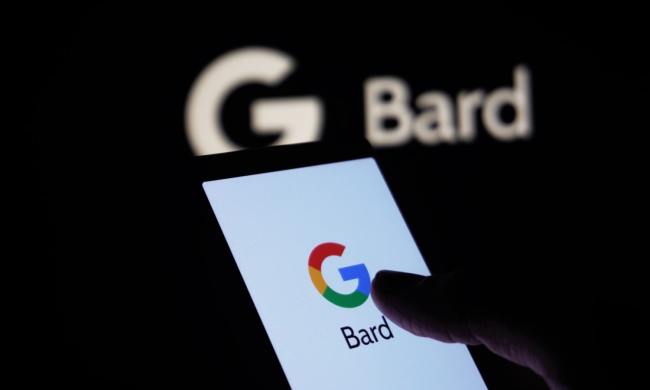
There’s no denying that Google is the currently the 800-pound Gorilla of the Internet search and keyword advertising markets—the company handles about two-thirds of all Internet searches (more in some countries) and handles an even larger proportion of ad links that appear on millions of Web sites. Now TradeComet, which runs the tiny competing search engine SourceTool, as filed an antitrust complaint against Google, alleging the company manipulates the prices of its advertising to suppress competition from rival search tools. According to TradeComet, Ads it used to be able to buy for 5 to 10 center per click suddenly skyrocketed to $5 and $10 per click just as SourceTool was starting to gain some industry momentum.
SourceTool looks to help businesses looking to offer services or goods to one another, rather than acting as a search engine for consumers. According to TradeComet, traffic to SourceTool dropped by 90 percent after Google initiated its new pricing terms in May 2006—just after SourceTool was ranked as the second fastest-growing Web site by media metrics firm comScore.
Google has come under increased scrutiny for its dominant position in the online advertising market, and regulators’ concerns over its reach led to the termination of a planned advertising partnership with Yahoo last year.
Google has not commented on the TradeComet suit directly, but has always maintained that the online advertising market is highly competitive, with firms like AOL, Microsoft, and Yahoo also running major advertising operations.

